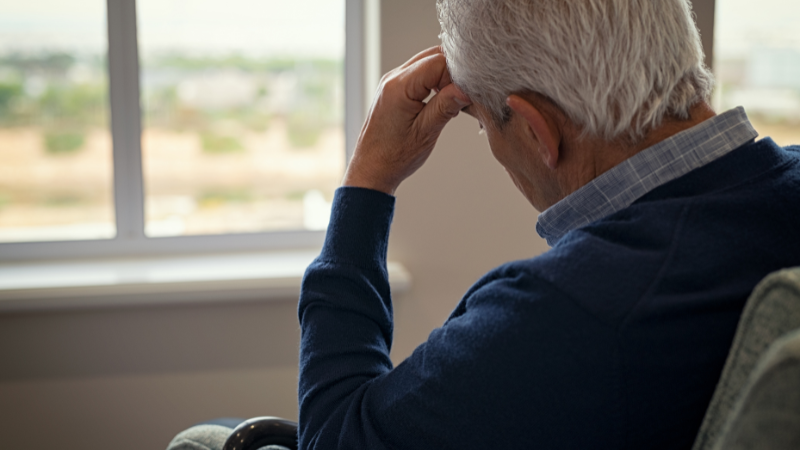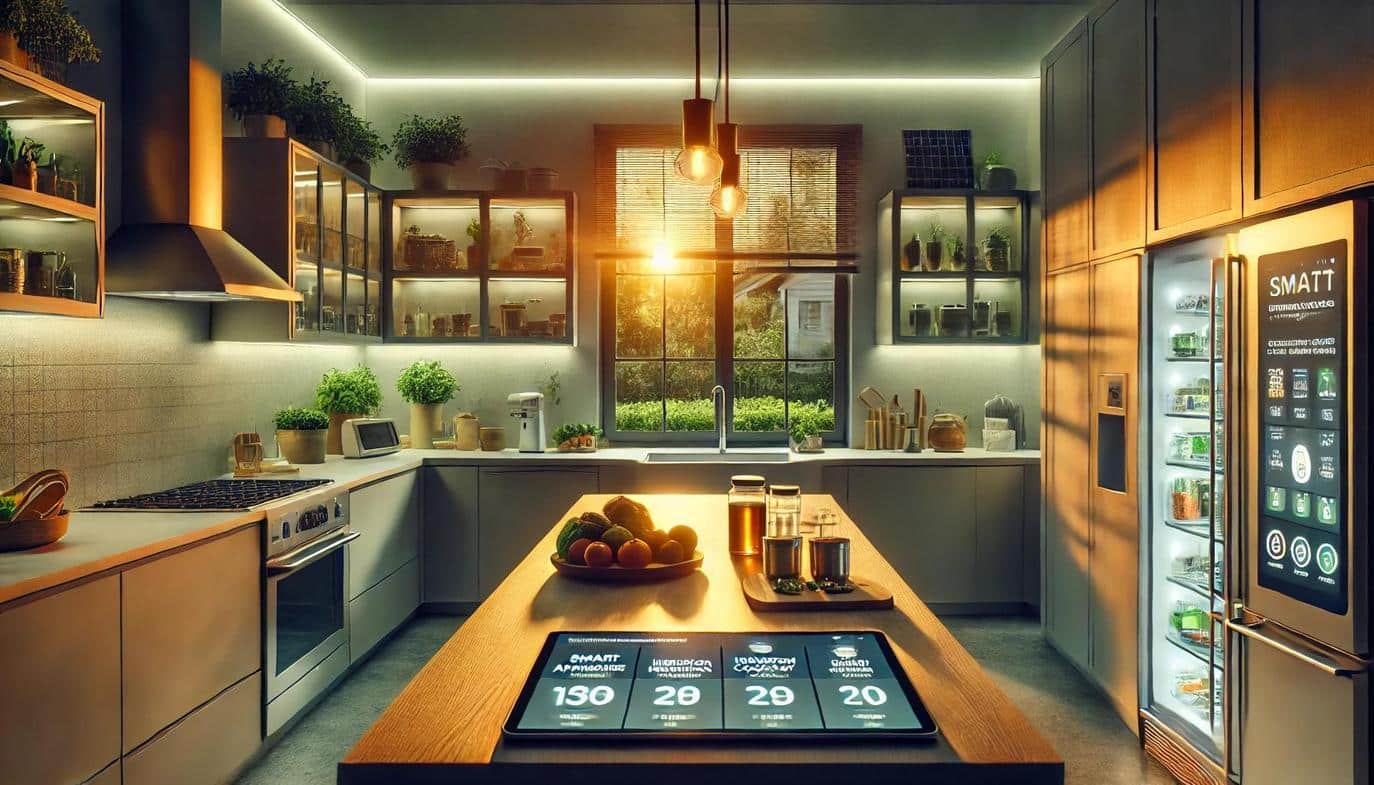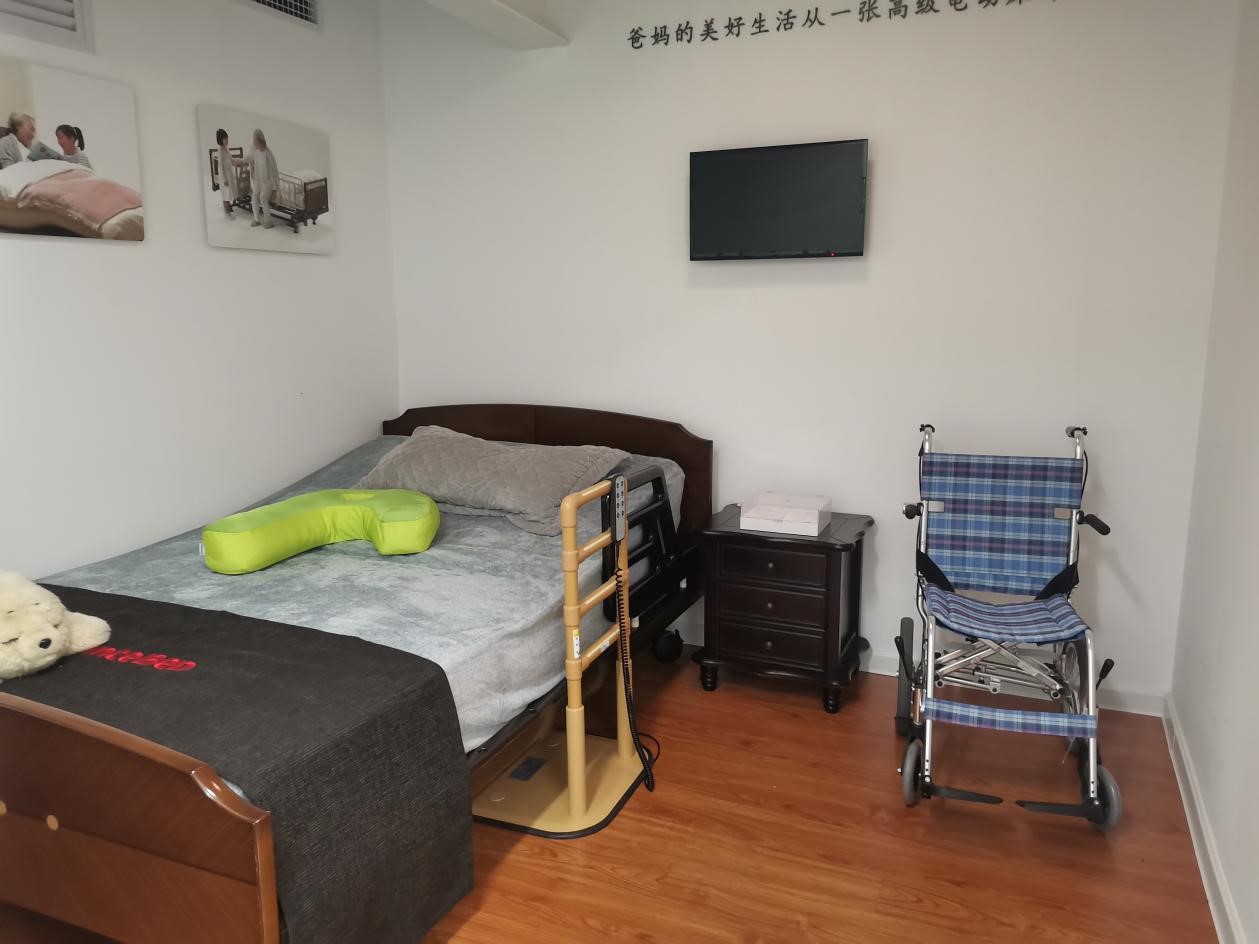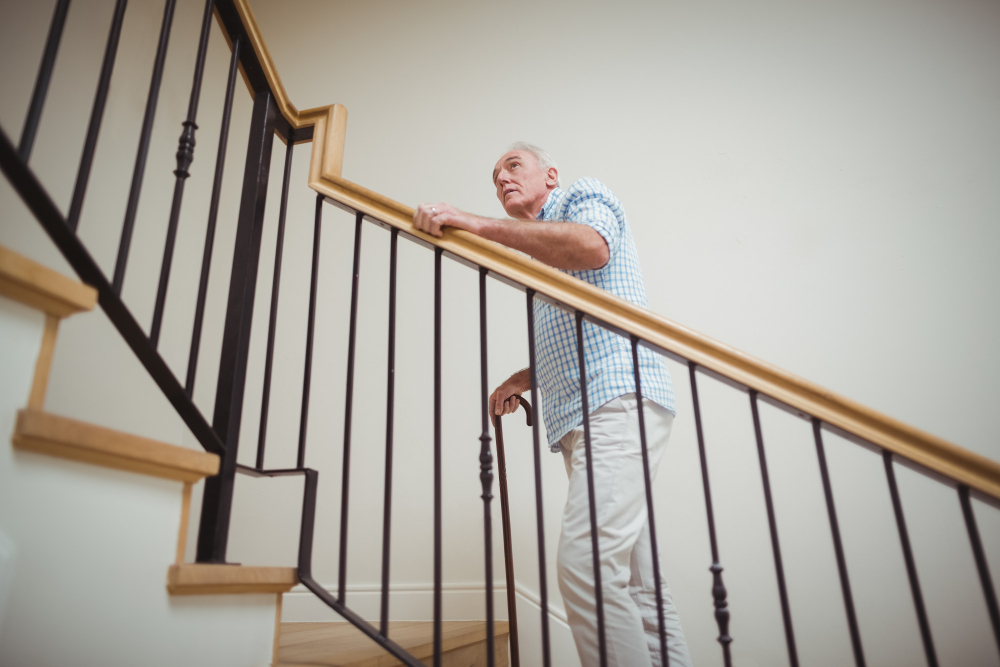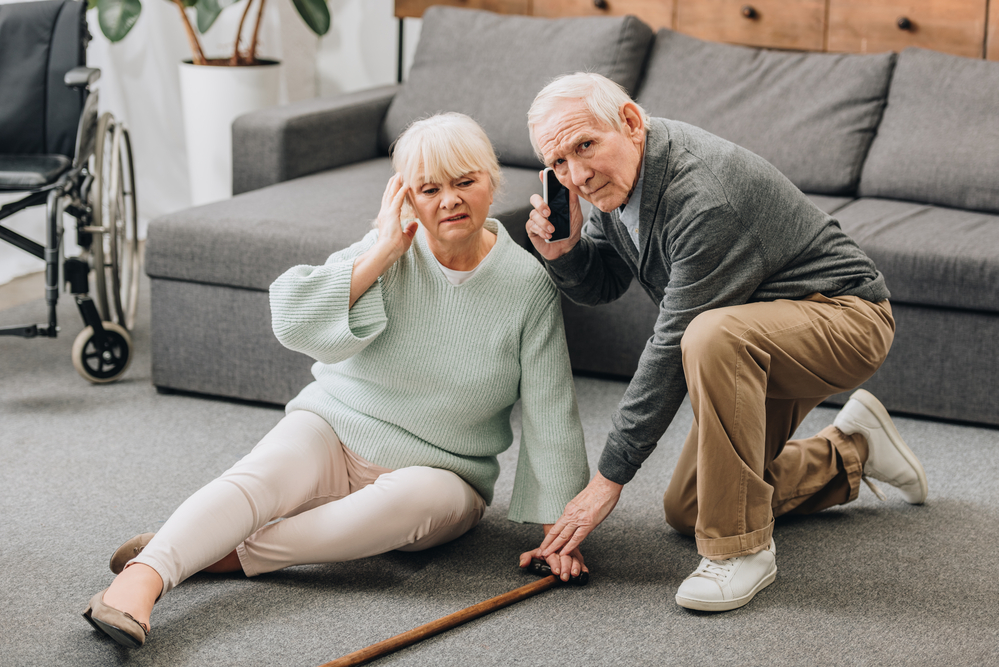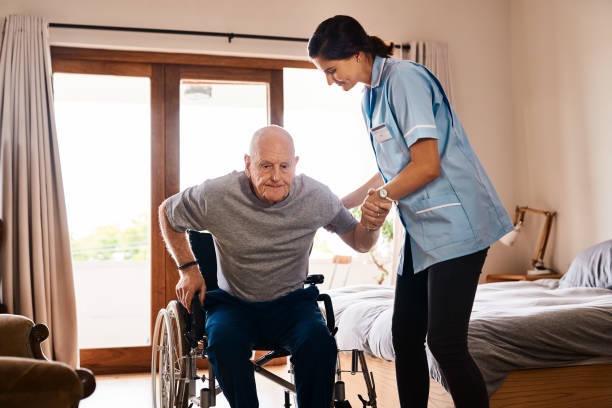For family caregivers, ensuring the well-being of their loved ones is paramount. As we age, the risk of falls increases, making the role of dignity and fall detection crucial in maintaining a safe environment. In this article, we’ll delve into how modern fall detection systems not only prevent accidents but also uphold the dignity of individuals.
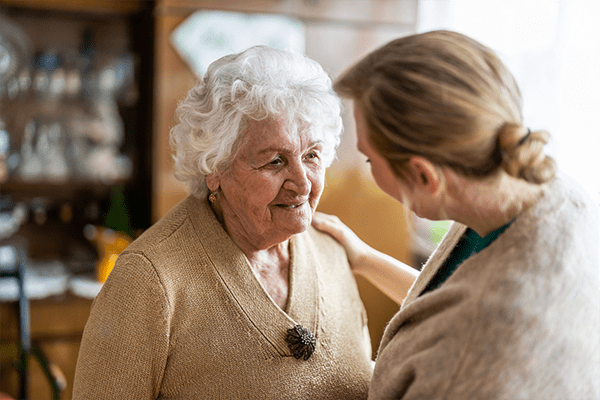
The Importance of Dignity in Elder Care
Dignity is a vital aspect of elder care. It involves respecting an individual’s independence, privacy, and self-worth. When it comes to fall detection, maintaining dignity means offering solutions that are both effective and unobtrusive. Smart elderly care solutions play a significant role in this regard.
Why Falls Are a Major Concern
Falls are one of the leading causes of injury among the elderly. They can result in severe consequences, including fractures, head injuries, and even fatalities. According to the CDC, falls are the leading cause of injury-related deaths among adults aged 65 and older.
Impact on Quality of Life
A fall can significantly affect an individual’s quality of life. Beyond physical injuries, the psychological impact can include a loss of confidence and increased anxiety, leading to social isolation. This is where effective dignity and fall detection systems come into play, helping to mitigate these effects.
How Fall Detection Systems Work
Modern fall detection systems use a variety of technologies to detect falls accurately and promptly. These systems often include sensors, wearable devices, and sometimes, smart home technology. The goal is to detect a fall and alert caregivers or emergency services as quickly as possible. For more information on these technologies, visit IoT sensors.
Types of Fall Detection Technologies
- Wearable Devices: These include smartwatches and pendants that detect sudden movements indicating a fall.
- Sensor-Based Systems: These involve placing sensors around the home to monitor movement and detect falls without using cameras.
- Smart Home Integration: Some systems integrate with smart home devices to provide additional safety measures.
The Role of Artificial Intelligence
Many fall detection systems now incorporate artificial intelligence to improve accuracy. AI can differentiate between normal daily activities and falls, reducing false alarms. This technology enhances the reliability of dignity and fall detection systems.
Maintaining Dignity Through Technology
One of the main concerns with fall detection is privacy. Many individuals are uncomfortable with cameras in their homes. Fortunately, there are privacy-friendly solutions available. For instance, fall detection without cameras can ensure safety without compromising privacy.
Respecting Privacy
Privacy-respecting technologies use non-invasive methods, such as radar and ultrasonic sensors, to detect falls. These technologies ensure that individuals feel comfortable and secure in their homes.
The Balance Between Safety and Independence
While safety is crucial, it’s equally important to maintain an individual’s independence. Fall detection systems can empower individuals to live independently, knowing help is readily available if needed.
Benefits of Using Fall Detection Systems
The use of fall detection systems offers a multitude of benefits:
- Peace of Mind: Knowing that a loved one is safe provides peace of mind for family caregivers.
- Quick Response: Immediate alerts ensure that assistance can reach the individual quickly.
- Cost-Effective: Preventing falls and their associated costs can save money in the long run.
Emotional Well-Being
Beyond physical safety, these systems contribute to emotional well-being by reducing anxiety and fostering a sense of security.
Choosing the Right System
When selecting a fall detection system, consider the following factors:
- Technology Compatibility: Ensure the system is compatible with existing devices and infrastructure.
- Ease of Use: The system should be user-friendly for both the individual and caregivers.
- Support Services: Look for systems that offer excellent customer support and maintenance services.
Customization Options
Some systems offer customization, allowing caregivers to tailor features to specific needs. This flexibility enhances the effectiveness of the system.
Real-Life Success Stories
Many families have experienced the benefits of fall detection systems firsthand. These success stories highlight how technology can positively impact lives by preventing accidents and maintaining dignity. Explore some real-life examples.
Community and Support
In addition to technology, community support is essential. Families and caregivers can connect with support groups and resources to share experiences and advice.
Conclusion
Incorporating dignity and fall detection systems into elder care ensures a safe, independent, and dignified life for individuals. These technologies provide peace of mind to family caregivers, knowing their loved ones are protected. By embracing modern solutions, we can enhance the quality of life for everyone involved.
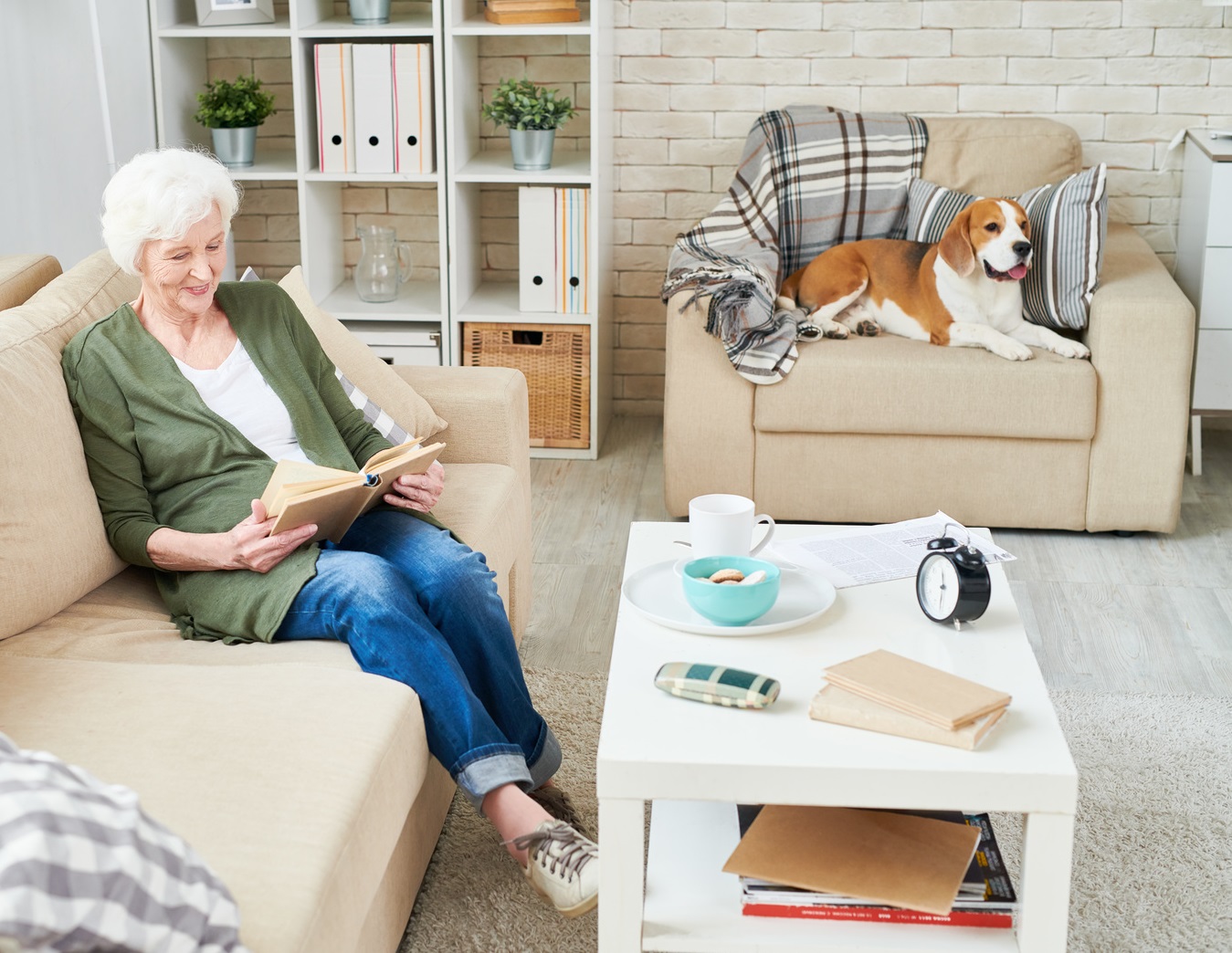
FAQ
How does fall detection technology maintain privacy?
Privacy is maintained by using non-invasive technologies such as radar and sensors instead of cameras, ensuring individuals’ comfort and security.
What should I consider when choosing a fall detection system?
Consider factors like technology compatibility, ease of use, and support services when selecting a system.
How can fall detection systems impact emotional well-being?
These systems reduce anxiety and foster a sense of security, contributing positively to emotional well-being.
This article contains affiliate links. We may earn a commission at no extra cost to you.

